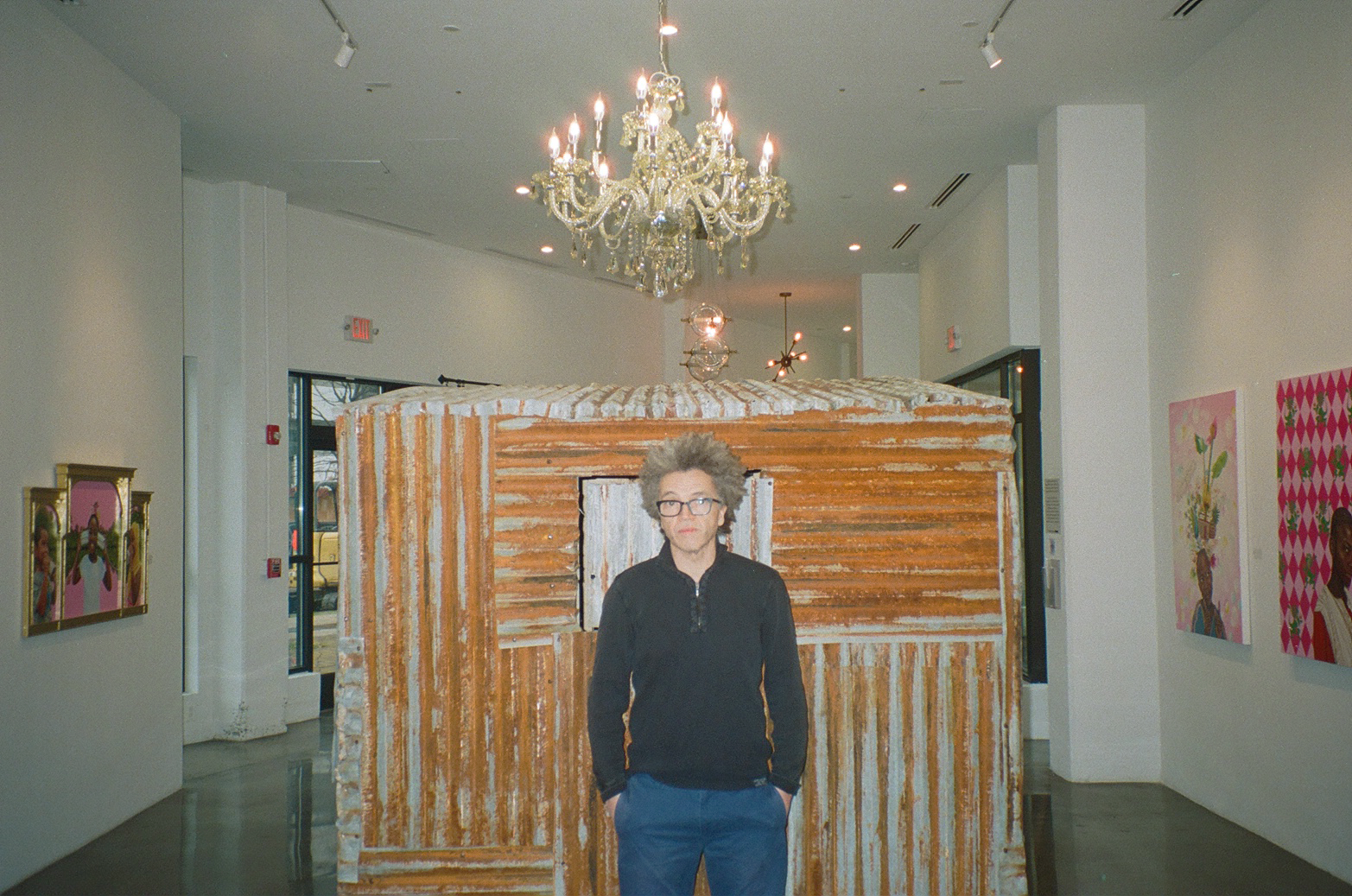Presents
A Solo Exhibition by Werllayne Nunes
Artist Statement
The history of the land of Brazil is one fraught with the legacies of human trafficking, nearly encircled by a haunted Atlantic, and characterized by the intricacies of “race.” And yet, in all of its darkly rich complexity, people often call Brazil “the land of perpetual promise.” In this solo exhibition of Werrlayne Nunes, the perpetuity of promise locates honors within the creative and resilient spirit of childhood in the face of structural adversity. “Palace of Power” imagines this source and establishes a visual for the impact of promise in their lives.
Through his playful engagement of portraiture, Nunes’ depictions allow us to visualize the promise and beauty within children through masterful technique. Nunes juxtaposes individuals in their depicted contexts with fanciful backgrounds to create a visual magical realism characterized by the simultaneous existence of two apparently conflicting perspectives—reality and imagination. The deeply melanted subjects, illuminated through shades and tones that establish the visual landscape of the land of perpetual promise, are paired with bold patterns and tropical elements that demand rich color. Brazilian landscapes are an anchor in this exhibition, all while objects and animals suspended in air exist to present the amalgamation of these pieces as a portal.
For Werllayne Nunes, children of the African diaspora become the actors in the performance that is Power. In doing so, this series challenges common media portrayals of children who are marginalized because of their race, ethnicity, or socioeconomic status. “Palace of Power” serves as the visual narrative of a discrete category of emotions, and as a result, characterizes manifestations of various aspects of their beings.
To find resources on themes and topics related to the exhibition, please scroll down to our “Resources” section below.
Werllayne Nunes is a self-taught painter from Goiás, Brazil who is currently based in Washington D.C. He began painting at 8 years old when his father gave him his first box of oil paints. When he left Brazil to study medicine, he continued to paint and eventually decided to devote himself full-time to art. His paintings have been shown in galleries, museums, and public spaces in the United States, Brazil, and Spain.
His years living in Brazil, Europe, and the United States have deeply shaped the central focus of his work: how structural racism operates in racially diverse societies. Integrating faces, colors, and cultural and religious traditions from Brazil and other African diasporic countries, his paintings represent portraits of empowerment that provide counter-narratives to the media’s uni-dimensional and often stereotypical depictions of people who are marginalized because of their race. His work challenges these stereotypes by creating images that reflect the complexity and agency of individuals in marginalized groups.
Double Exposure (2023): Werllayne Nunes
This film photography series, shot by Gallery Curator & Manager Khaleelah I. L. Harris, chronicles the exhibiting artists during the 2023 exhibition calendar. “Double Exposure” addresses the themes of intimacy and bareness that appease much of the epistemic lenses which violently narrate the Black experience. Committed to the retention of details, this series presents exhibiting artists while avoiding the need to infiltrate their personal lives to present an intimate portrait.
resources
Learn with us. Discover resources that further explore the issues and themes of the current exhibition.
Articles
Centering the Voices of Black Activists in Post-Revolutionary Cuba
Black Brazilian Researchers and Activists Respond to Covid-19
Black Amazonia: Environmental Knowledge In the Struggle for Black Liberation In Brazil
Exploring Racial Formation in Children: Thoughts from an Encounter with Black Children in Brazil
Documentaries
Favela Rising (2005)
More Earth Will Fall (2018)
City of Men (2008)
Books
Afro Paradise: Blackness, Violence, and Performance in Brazil by Christen A. Smith
Neither Black Nor White: Slavery and Race Relations in Brazil and the United States
The People of the River: Nature and Identity in Black Amazonia, 1835-1945 by Oscar de la Torre
Inequality near and Far: Adoption as Seen from the Brazilian Favelas by Claudia Fonseca
From My Window: A Celebration of Community (Coloring Page Printable)
US, 2021 | Oil on linen panel 61” x 30”











